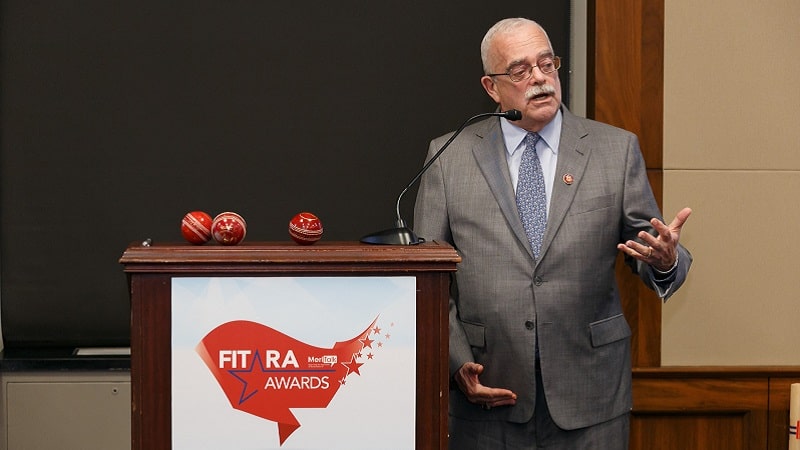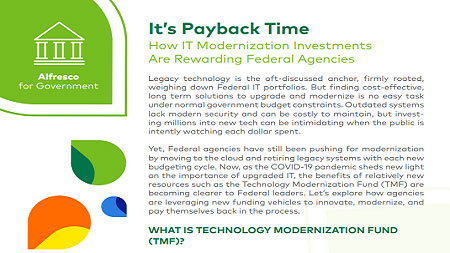
With the billion-dollar Technology Modernization Fund (TMF) investment in the HEROES Act stalled in Congress, Rep. Gerry Connolly, D-Va., is saying “so far Congress, frankly, has failed” to provide agencies with the capital needed to overhaul legacy IT systems.
The $1 billion of TMF funding in the Democratic COVID-19 legislation is intended for government modernization activities to prevent, prepare for, and respond to coronavirus. The House approved the bill in May, but it has gone nowhere in the Senate since then. Attempts by both chambers of Congress to reach agreement on any other form of large coronavirus relief legislation have also thus far failed.
According to Rep. Connolly, many of his congressional colleagues do not understand the value of additional TMF funding.
“The problem has been getting my colleagues in Congress and the Appropriations Committee to understand how critically necessary that additional investment is,” he said on an August 30 Government Matters segment.

Rep. Connolly said the TMF funding jump in the HEROES Act legislation has real potential to change the Federal IT landscape. “That will incentivize agencies to make the necessary upgrades and investments we’re seeking and to retire those legacy systems that are cyber insecure, very inefficient, high cost, and really slow down agencies’ ability to fulfill their missions,” he said of the HEROES Act TMF funding.
The Federal agency IT working capital funds authorized by the Modernizing Government Technology (MGT) Act, meanwhile, have been a struggle for agencies, Connolly said. He explained that some agencies simply can’t or don’t want to identify the necessary capital for the fund, and others have been “advised by their general counsel that they don’t really have a legal authority to do it even though we passed a law saying you did.”
Connolly also praised recent FITARA progress on empowering CIOs to help improve the scorecard results.
“Far more CIOs get it that this is about a transformative process whereby we really bring our agency into the 21st century and we integrate that technology into the mission,” as opposed to meeting the minimum requirements on the scorecard, he said.
